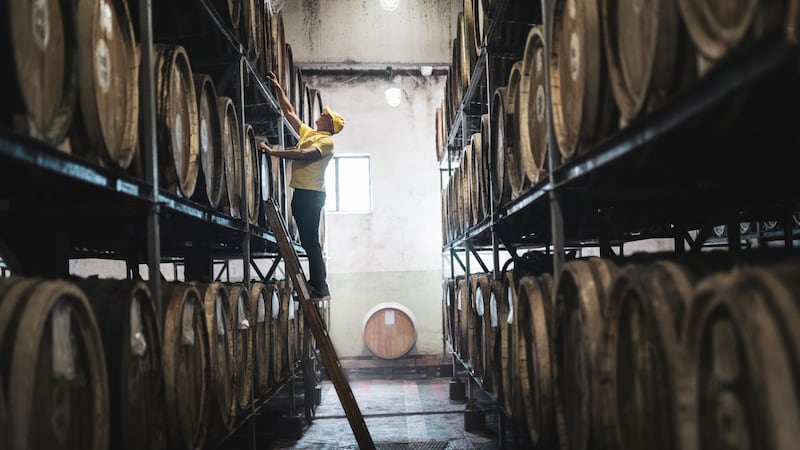Greencore chief executive Patrick Coveney says the UK food industry could not function without foreign workers.
At an agribusiness event in Dublin on Wednesday, he was asked about the likely impact of stricter immigration controls in the UK after Brexit.
“You cannot harvest seasonal crops in Britain without immigrant labour,” Mr Coveney said.
As to whether the food industry there could operate without immigrant labour, Mr Coveney, never one to mince his words, said “no”.
Greencore is one of the UK’s biggest food businesses, controlling about 50 per cent of the pre-packed sandwich market. About 35 per cent of its 12,000 UK staff are EU nationals from outside the UK.
Despite immigration being a key battleground in last year's referendum, Mr Coveney said he did not believe there would be a dramatic fall in UK immigration after Brexit.
“I don’t think you will end up with materially different levels of immigration in Britain post-Brexit. I think there will undoubtedly be, both in perception and substance, a greater level of control [exerted] by the British state.”
However, he said the absolute numbers of people coming in, particularly coming in and out of the food industry, was unlikely to change.
Relatively robust
On the implications of Brexit for Greencore, Mr Coveney said the business was not particularly exposed to Brexit as the company tended to manufacture and sell its products locally.
“Everything we sell in Britain, we make in Britain. Everything we sell in America, we make in America. On the assumption that those domestic economies stay relatively robust, then our business will be fine.”
However, Mr Coveney acknowledged the outlook was more “uncertain and problematic” for food businesses that manufacture in ireland and sell into the UK market.
Apart from the possible trade restrictions that might arise, he said there was a significant risk for Irish firms and the UK food industry if Britain pursued a cheap food policy, which, he said, was supported by a “significant subset” of the Conservative Party.
Opening up its market to cheaper food from Latin America and the US would "effectively blow up the domestic food industry", he said, though he viewed this outcome as unlikely.
Economic consequences
Mr Coveney said Ireland, in terms of its collective response to Brexit, had done a much better job in thinking through the possible economic consequences than Britain.
The UK’s impending divorce from the EU would also bring opportunities, he said, noting JP Morgan’s recent decision to expand its Irish operation.
Mr Coveney was speaking at an agribusiness event jointly hosted by the Irish Farmers' Journal and KPMG.
















